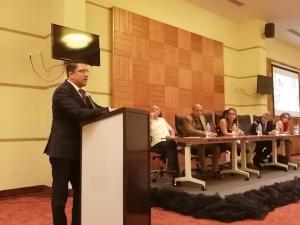
The second edition of the International Congress Cibersociedad 2019 was inaugurated in the presence of the Cuban minister of Communications, Jorge Luis Perdomo Di-Lella. This is a space for digital transformation that seeks to strengthen the digital ecosystem of the country and encourage the creation of technological alternatives based on innovation.
In her opening remarks, Maria Esther Alfonso Suárez, first vice-president of the Cuban Informatics Union, commented that this event is made up of scholars, businessmen, decision-makers, and innovators committed to the development of ICT in Cuba.
"A guild extraordinarily rich in opinions, knowledge, and wisdom that can contribute, from multiple points of view, with ideas and solutions to society's daily problems," added Alfonso Suárez.
The official addressed the extraordinary advances in the field of robotics, automation, artificial intelligence, 4.0 industry, big data, blockchain, and all areas of knowledge that come together in this new industrial revolution. She also pointed out that Cuba is on the verge of a technological revolution that promises to change everything, from production relations to the very way in which the government and society function.
"New information and communication technologies are becoming the most important weapon in the political, economic and social arsenal of any nation. We have seen in recent years how these technologies can decide the fate of a country. Social networks have become the main combat zone, both politically and economically, where we cannot win simply by ignoring it," added the UIC official.
Amid the convulsive international scenario that Cuba faces due to the blockade, she added, it is more important than ever to make use of new technologies in search of more efficient solutions, to substitute imports with our own resources, make more informed and intelligent decisions, and find new sources of income.
"The good news is that in the face of the technological revolution, we are all on the starting line, and if we are careful enough, we have the chance to race at par with, or at the forefront of the rest of the planet. This congress aims to be the space for forging solutions for the future, concluded Maria Esther.
Petro, an alternative to achieve economic sovereignty
During the inauguration of Cibersociedad 2019, Joselit Ramírez Camacho, Superintendent of Cryptoassets and Related Activities of Venezuela (SUNACRIP), shared the experience of the Bolivarian nation in the use of cryptocurrency, which not only functions as money but also as a weapon against the dollarization process.
According to Ramírez Camacho, the Petro is vitally important for rescuing technological sovereignty, and today more than 8 million people use that system. Venezuela is the only government in the world that has directed a State policy in the creation of a real and autonomous institution within its administration to regularize the retroactive policy in the country.
"This digital currency is backed by part of Venezuela's natural reserves, such as gold, oil, and diamonds. It allows us to save and acquire goods and services quickly, safely and reliably," he added.
The Venezuelan executive added that the Venezuelan state promotes and encourages the use of the Petro to position it as an investment option, savings mechanism and means of exchange with the public services it provides, according to the White Book issued by SUNACRIP.
Reina Hernández, a 70-year-old humble Venezuelan citizen, is one of the examples of people who have adopted this payment method to " protect their income," humbly earned, said the Superintendent of Cryptoassets of Venezuela.
"From November to the present year, there are more than 22 million operations under this mechanism, where the incomes of many Venezuelans have been safeguarded. This has been made possible by the leap we've made in the digital world. Thanks to technological independence, a computer link could be established with a virtual platform that today has more than 12 million Venezuelan users. All financial processes exist digitally, in the same way as traditional methods are used.
Another example expressed by Ramírez Camacho is that of Tirso Zambrano, a Venezuelan who has become an icon in that country by becoming the first person to purchase a home through payment with Petro.
"This house was planned and built by one of the social programs of the Venezuelan government. Mr. Tirso, who has been protecting his income, was able to save and buy a house with crypto."





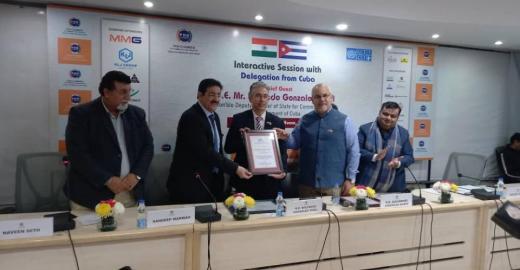
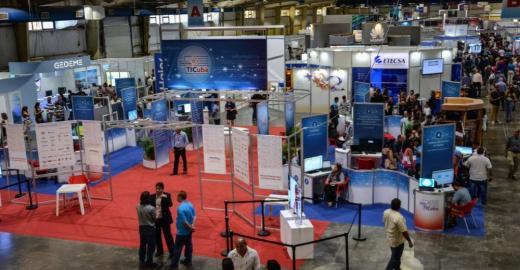
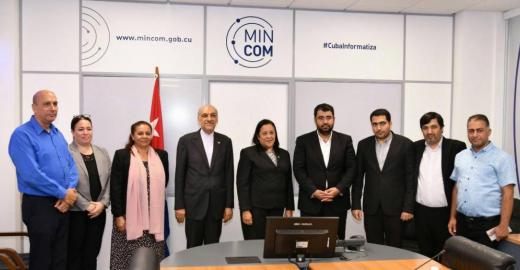



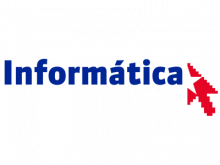

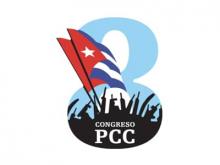
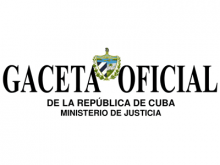
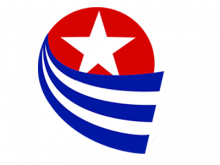
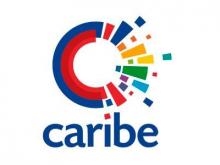
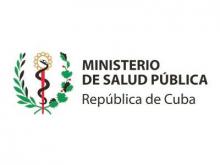

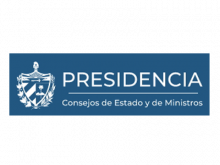

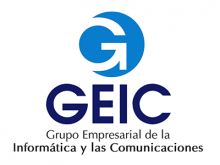
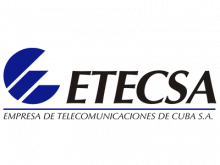
Publicar nuevo comentario